Alright – so today we’ve got the honor of introducing you to Sergey Nesterov. We think you’ll enjoy our conversation, we’ve shared it below.
Sergey, thanks for taking the time to share your stories with us today We’d love to hear about a project that you’ve worked on that’s meant a lot to you.
Balancing between writing concert music and composing for media has always been a delicate, intriguing challenge. Concert music is experienced on its own terms, free from external narratives, while music for film or video games is expected to live in harmony with the unfolding story that it needs to support and amplify.
In concert music, the composer enjoys great freedoms: intuition, abstract structures, emotional arcs, and purely musical ideas can unfold with very little constraint. Recently, I had the privilege of hearing my new composition, Graceful Maneuvers, recorded by the celebrated Salastina Ensemble as part of their Composer Collective initiative. During the process of writing the piece, my only constraints were my imagination and the physical limitations of the instruments.
Opera is different, however: collaboration with a librettist introduces drama and character that guide the music, and the composer’s ultimate goal is to be receptive of the story’s nuances. In this way, opera resembles film scoring more closely than one might expect: the music must serve the narrative, highlighting character and emotion.
This was especially true in my recent collaboration with the wonderful librettist Alan Olejniczak on our multimedia opera PETROV. The work dramatizes the story of Stanislav Petrov, who faced an agonizing decision during a Cold War nuclear false alarm. Capturing the gravity of the situation demanded great care: any wrong musical or dramatic gesture risked trivializing or distorting the story. Bringing a real, complex and heavy event to the stage was a daunting responsibility, but the successful premiere in May 2025 confirmed that we managed to navigate through the emotional and dramatic intricacies. Alan and I are now turning toward a more lighthearted story, a musical based on the life of Brownie Wise, the saleswoman and visionary behind Tupperware’s success. Set in 1950s Florida, the music draws inspiration from mid-century American popular songs.
When composing for the screen – whether it’s animation, live action, or interactive media – the composer needs a different kind of sensitivity. The score must be precise, restrained – or exaggerated if needed, and responsive to timing and atmosphere. Where my instincts as a concert composer might lean toward expansiveness and complexity, media composition demands clarity and subtlety of tone and emotion.
Shifting between these very distinct musical mediums requires a constant recalibration of perspective. I even had a custom of differentiating between these mediums by releasing concert music under my own name, and all the media music under a different alias (Sergey Neiss), but nowadays I find that each avenue nourishes and completes the other, and completes me as an artist: concert writing deepens my sense of structure, while composing for opera and screen hones my awareness of drama, timing, and emotional nuance. My creativity feels most alive in this interplay.
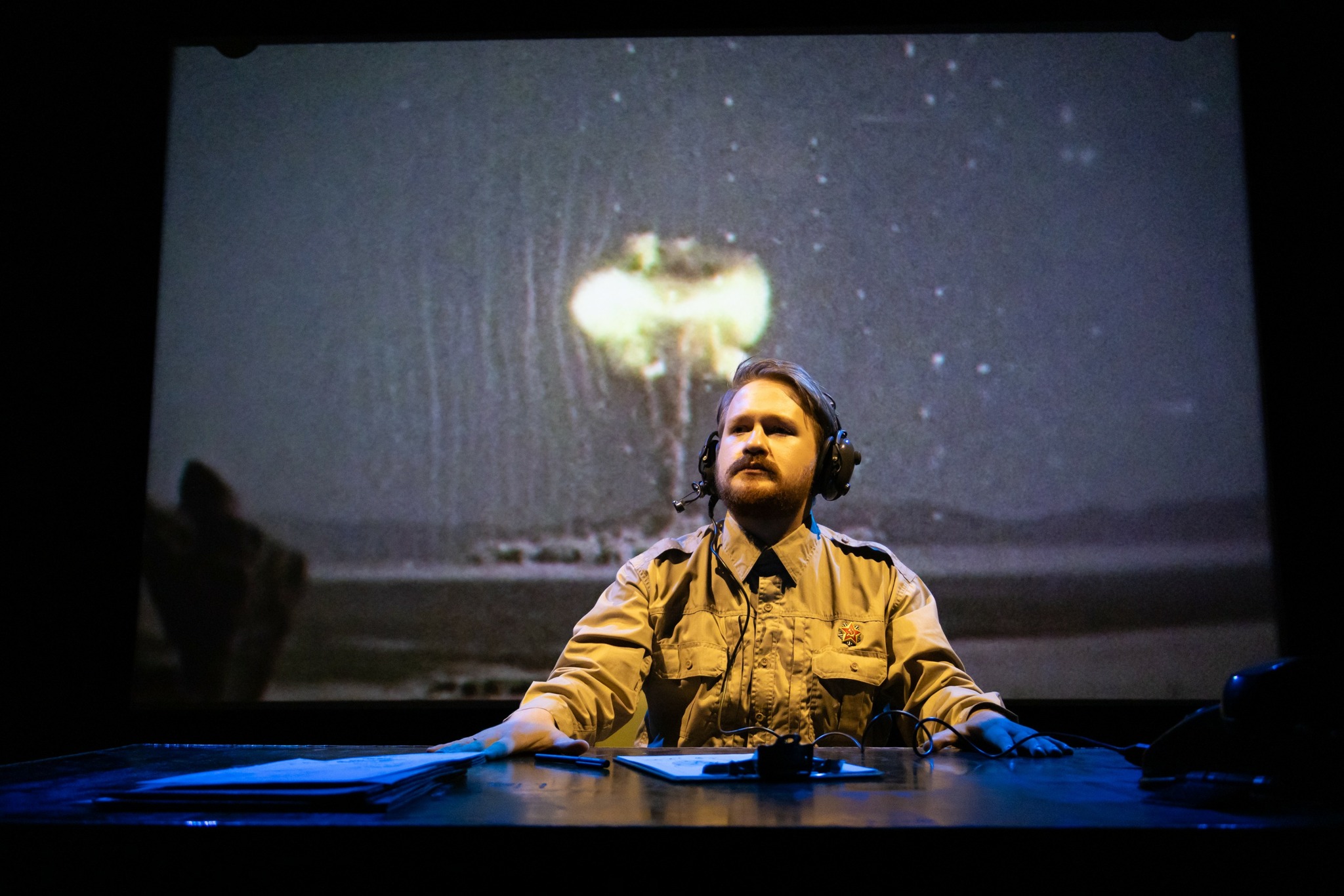
Sergey, love having you share your insights with us. Before we ask you more questions, maybe you can take a moment to introduce yourself to our readers who might have missed our earlier conversations?
I knew I wanted to compose music from a young age, and thankfully my parents were very supportive. My mom asked me if I wanted an upright piano for my 5th birthday, and of course I said “yes!” Ever since then, I have been obsessed with writing music and coming up with melodies and chords, whether it’s at the keyboard or anywhere else – on a walk, on the subway, at a grocery store.
During my teenage years, I recognized that versatility could be my core professional strength, so I incessantly pursued every opportunity to gain diverse experiences in music – I interned at a recording studio, played and sang in bands, produced and mixed pop songs, arranged music for classical ensembles. It all helped me develop into who I am today.
I received my education as a pianist, choral conductor, vocalist, and most importantly – as a composer in my native Russia, before moving to the United States to pursue a Graduate degree at UCLA. Los Angeles seemed like a natural choice, as I had previously developed a keen interest in scoring film and video games. As I later found out, Los Angeles, unlike any other city I know of, strikes a unique balance and provides a wealth of vastly different opportunities in music. Whether it’s classical/concert music, film scoring, video game music, orchestration, pop songs… all of this contributes to bring forth a fruitful environment for creative collaboration, and it allows art and artists to thrive.
Creatively, I thrive when I have the opportunity to work on something different every week, or even every day – it could be an original concert piece, a musical or an opera, a piece to accompany choreography, a film score, or an orchestration of someone else’s music. I find all of these avenues incredibly fulfilling and rewarding in different ways, and I deeply appreciate the opportunity to creatively explore and meaningfully contribute in those mediums.
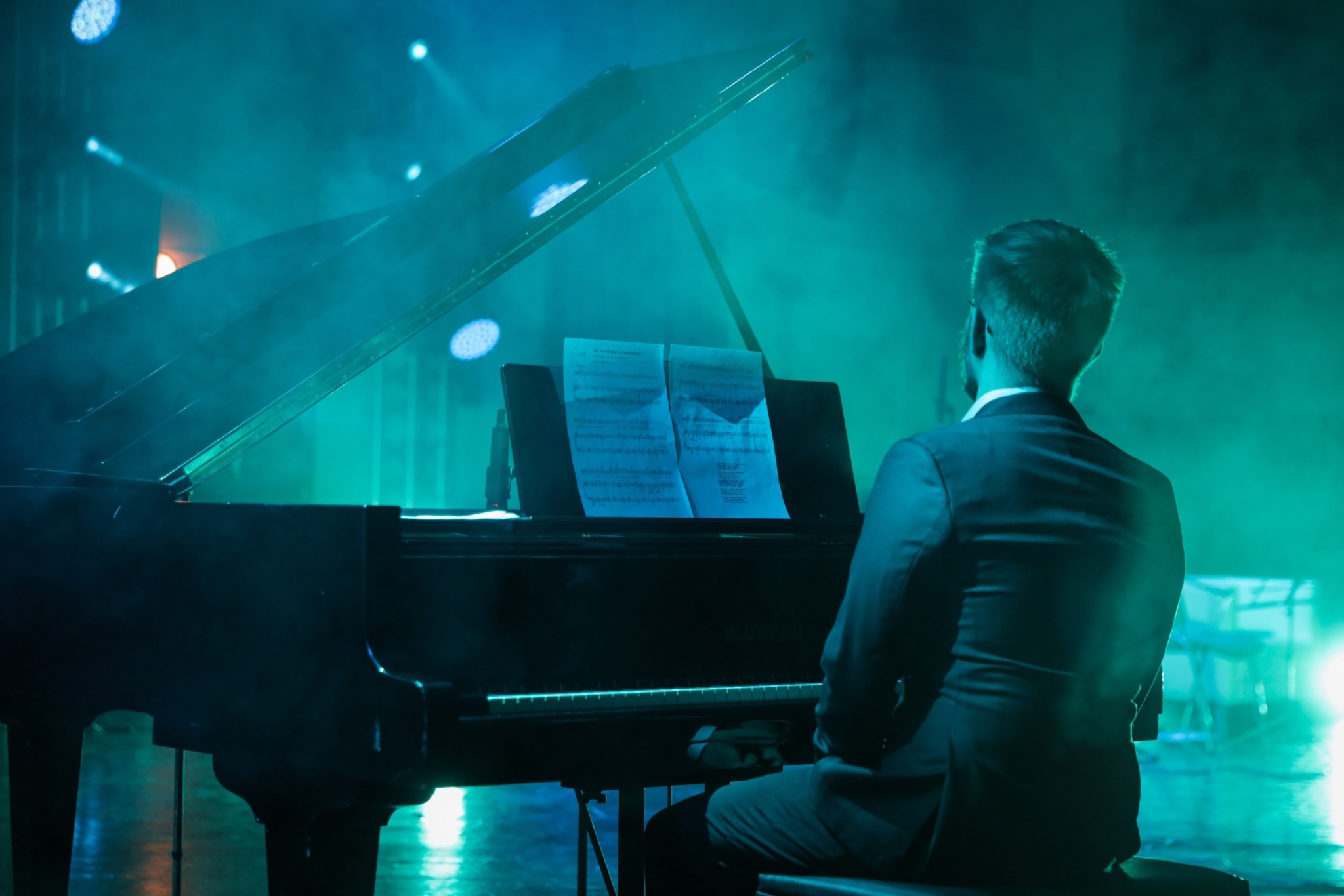
What’s the most rewarding aspect of being a creative in your experience?
One of the most rewarding aspects of being a composer for me is how my craft enables me to interact with people on a deeper emotional level through music.
Collaboration with other artists is hugely enriching – whether it’s musicians and conductors performing my music, choreographers setting music to dance, directors or writers I work with to bring stories to life, I always learn something new from them. Interaction and collaboration with other artists is what enables us to create something unique that we could not have created on our own, and it’s incredibly valuable.
Interacting with non-artists about art and music is fascinating, as you get to see how the product of your trade is seen from the outside, and it allows me to escape the bubble/echo chamber of professional musicians for a while. Whenever somebody appreciates my work, or is emotionally touched by it, it is the most gratifying feeling on Earth.
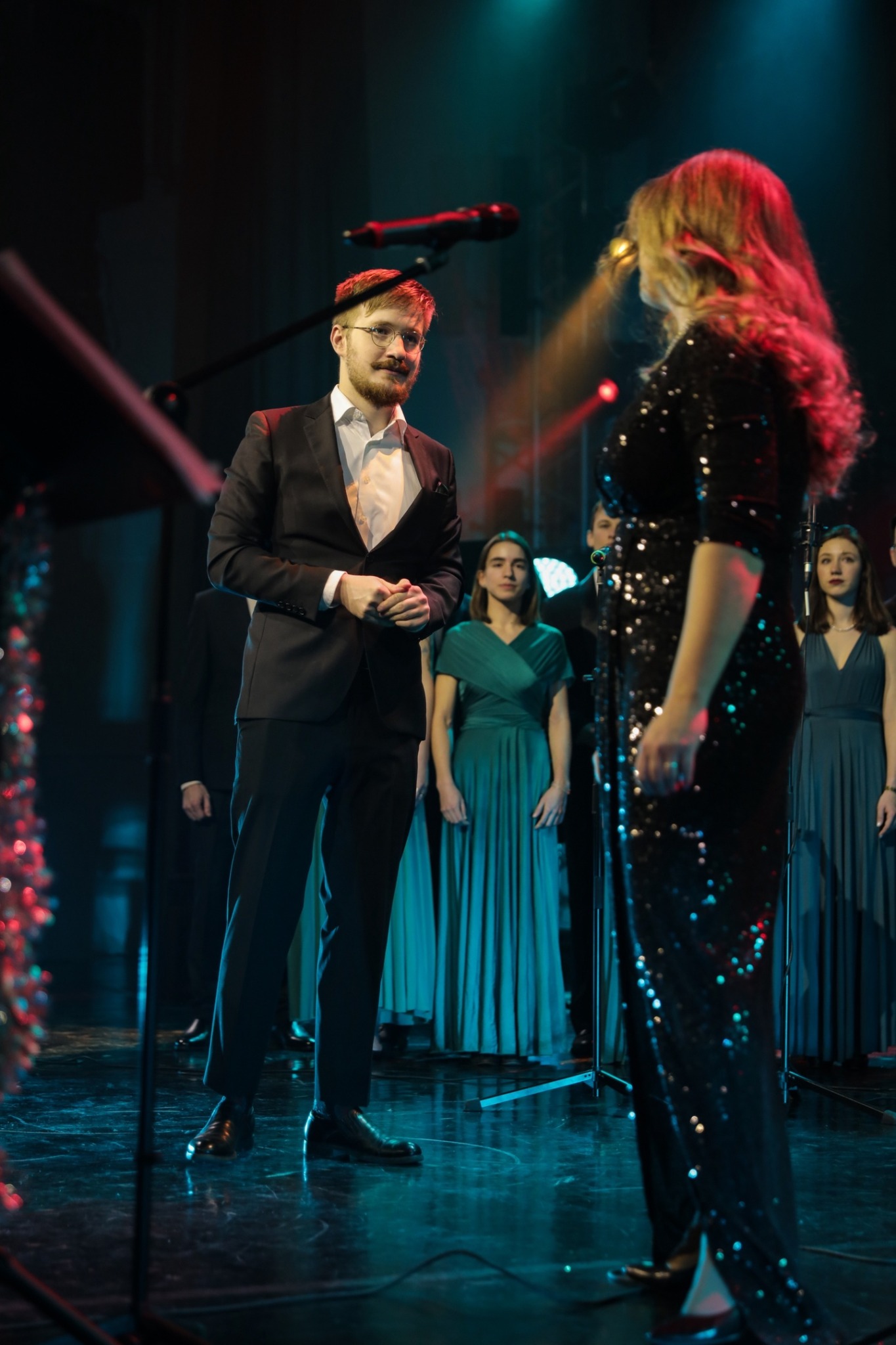
What can society do to ensure an environment that’s helpful to artists and creatives?
I strongly believe that artists are not born, but are made and nurtured by their environment. Access to art, arts education, creative opportunities, and parental support from a very early age were the vital building blocks that allowed me to flourish as an artist in my adulthood.
I don’t believe my devotion to composition would have been as strong had I not first heard the enchanting music of Soviet and American cartoons on TV, taken into classical concerts by my mom, or guided by music lessons in early childhood.
What we as a society can do to best support artists and creatives is to support artistry and creativity in children by providing them with necessary developmental resources and arts exposure. Children need to know that following their passion – be it drawing, telling stories, singing melodies, or dancing – can lead to a fulfilling career in the arts.
Contact Info:
- Website: https://sergeynesterov.com
- Instagram: /sergeyneiss
- Youtube: https://youtube.com/sergeynesterovmusic
- Other: https://youtube.com/sergeyneiss
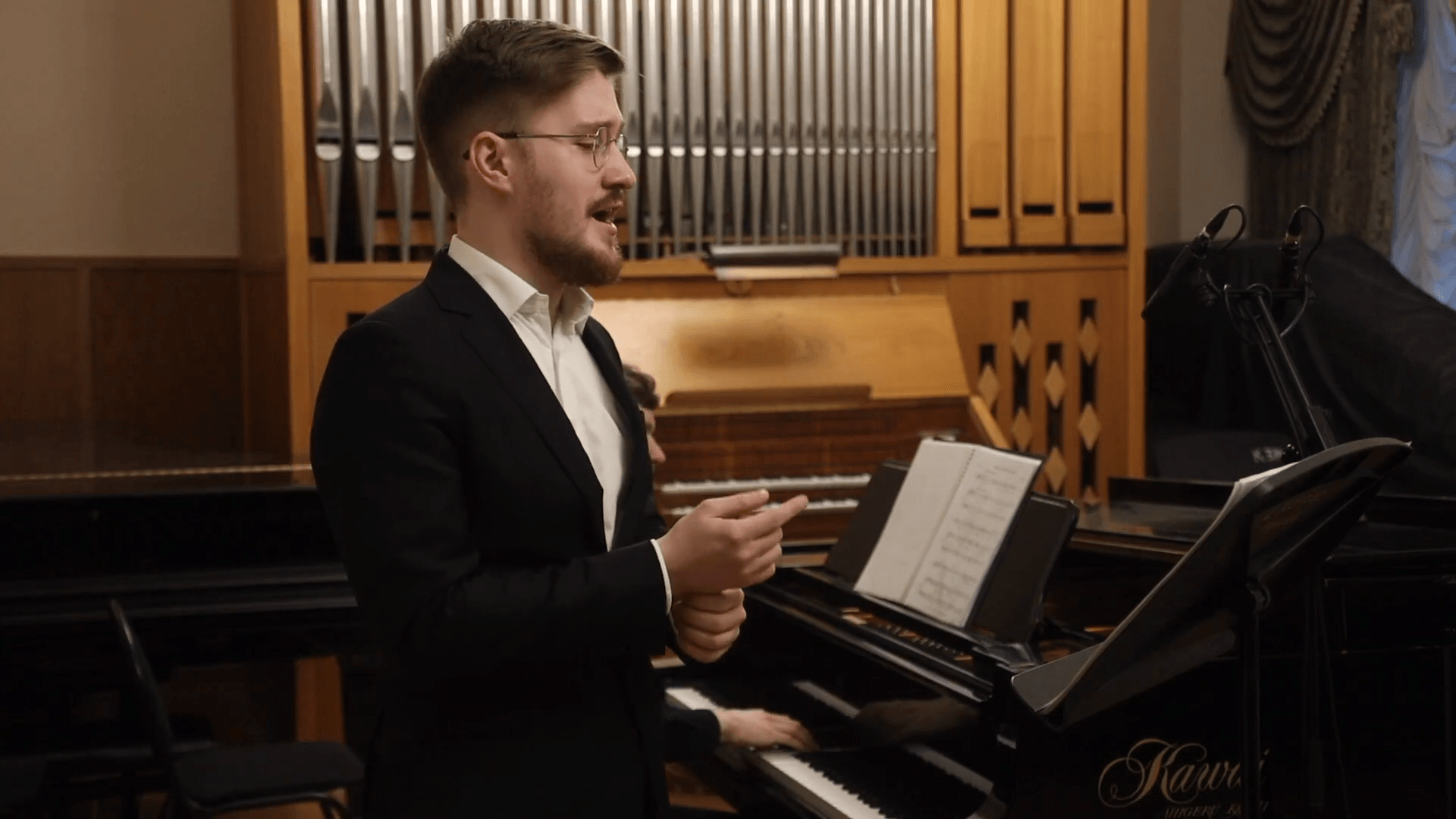
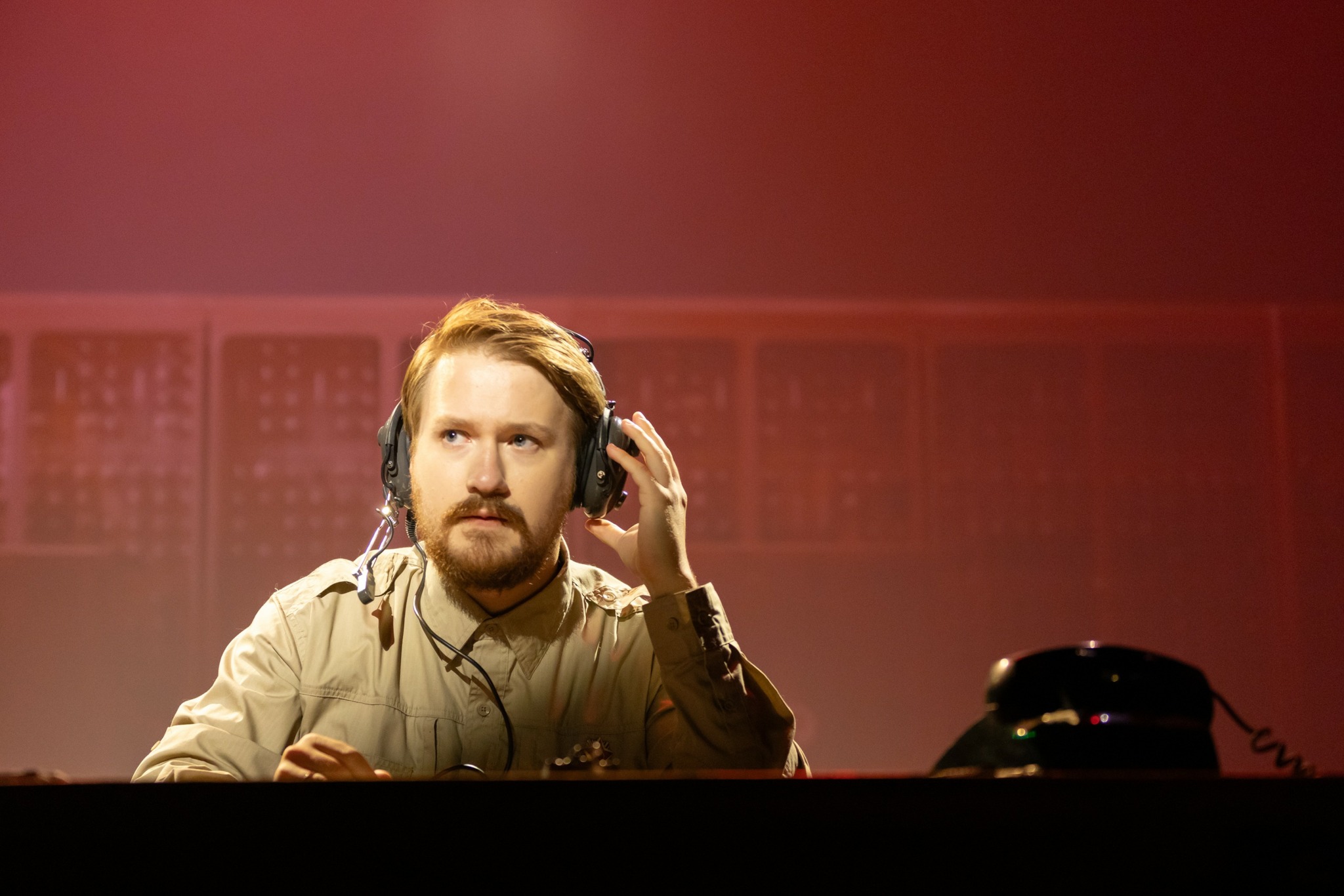
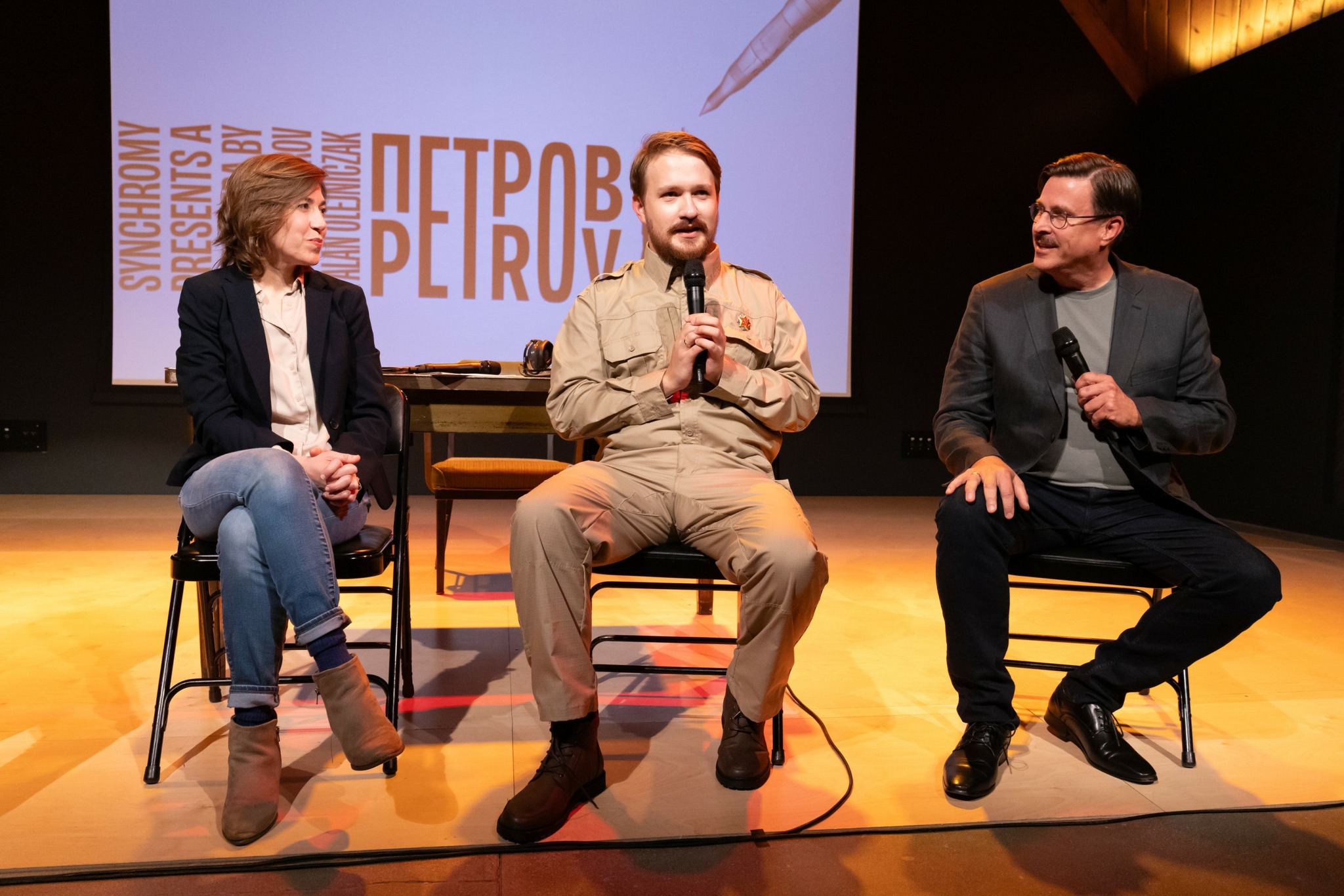
Image Credits
Image credits: Argel Rojo, Perpetuum Mobile Choir, Anastasiia Bakhareva, Moscow State Tchaikovsky Conservatory

